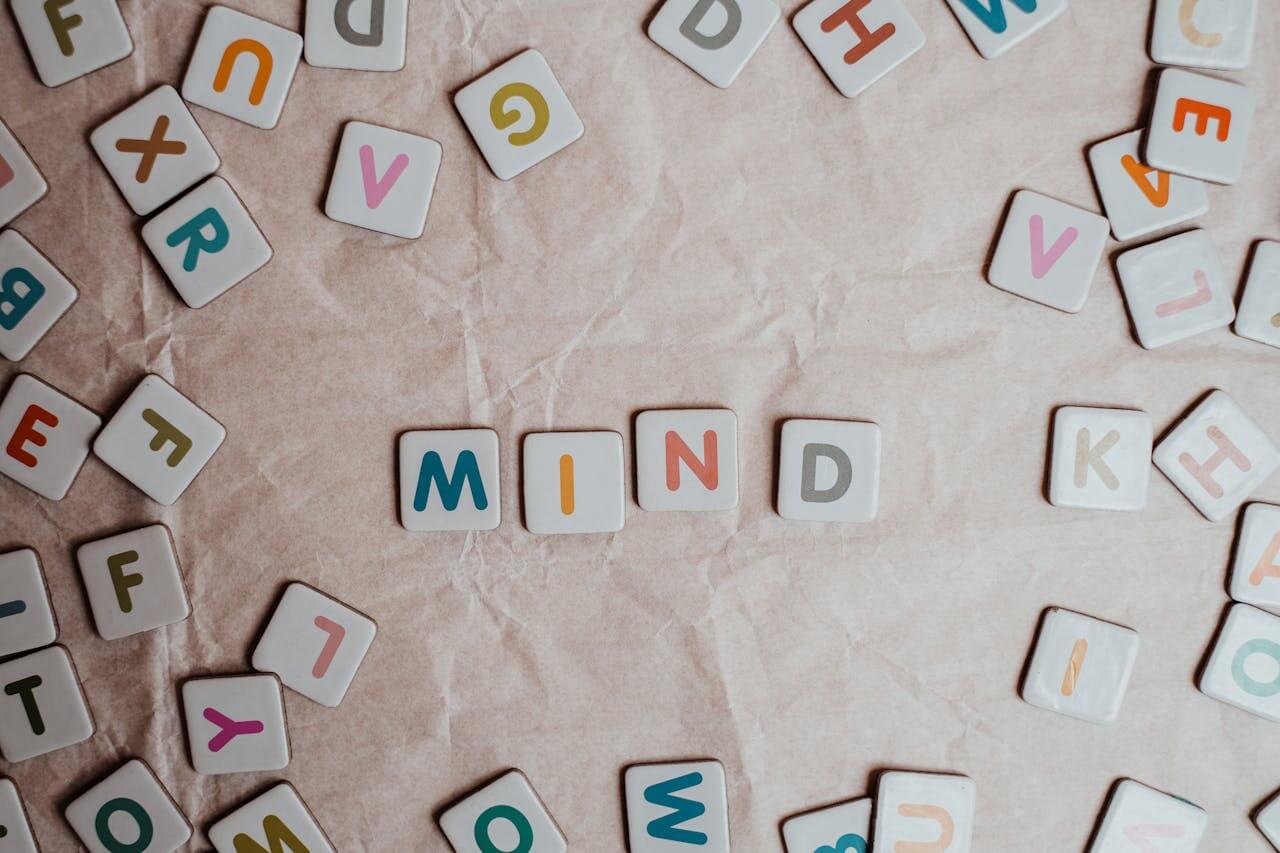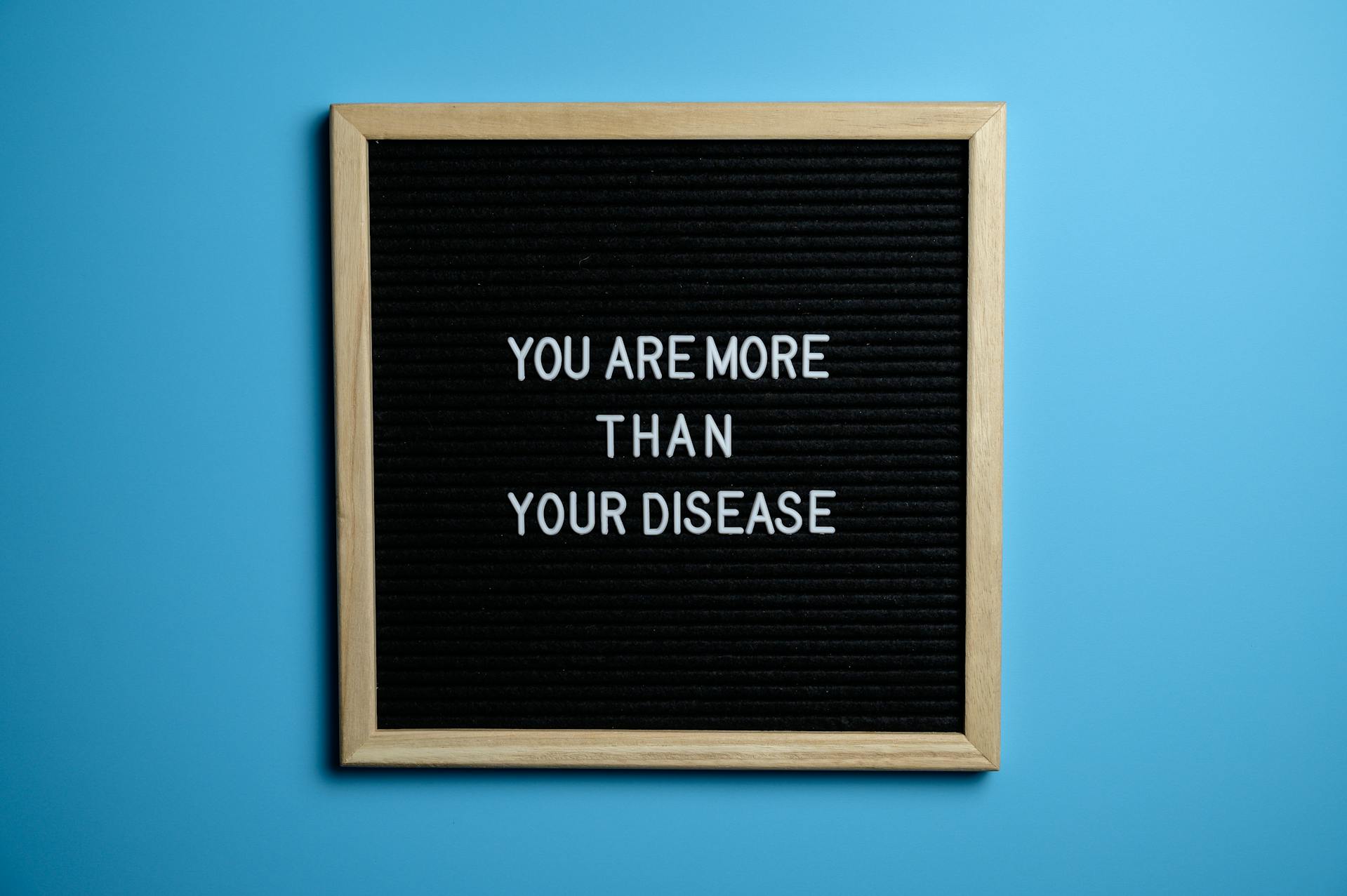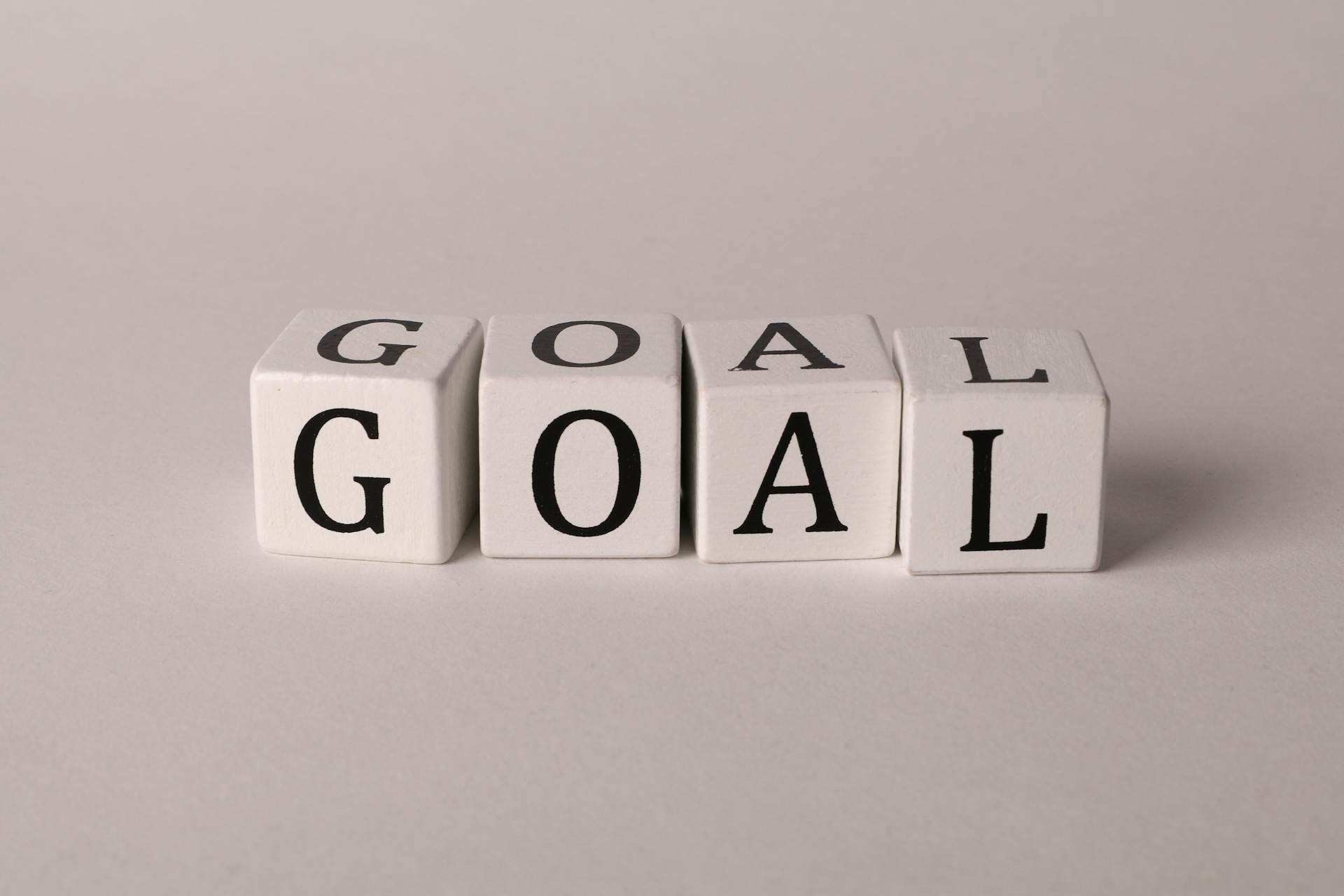
Addiction treatment is a complex process that addresses the interactions between an individual’s psychology, biology, and social environment.
For individuals suffering from substance use disorders, different types of therapy are adapted to address both the behaviour and the physiological elements of addiction. Each therapy type is designed and tailored to help an individual achieve the best possible outcome for long-term recovery.
At Changes Addiction Rehab, we employ a variety of individual therapy approaches, including Cognitive-Behavioural Therapy (CBT), Dialectical Behavioral Therapy (DBT), Motivational Enhancement Therapy (MET), Family Therapy, and Group Therapy.
Together, these therapies provide a comprehensive framework for addressing the multifaceted nature of substance use disorders.
What Is Addiction?
Addiction is multifaceted and is characterised by the compulsion to abuse substances even if negative consequences are present. It is a chronic brain disorder that involves many psychological, social, and environmental factors.
Addiction is defined as a chronic brain disorder characterised by an individual’s uncontrollable urge to seek out drugs and engage in harmful and destructive behaviours, even when faced with negative consequences.
It has been recognised as a brain disorder because it involves functional changes to brain circuits involved in self-control, reward, and stress.
Risk Factors And Causes
Several factors contribute to the manifestation of a substance use disorder, including:
- Genetics – Addiction can be hereditary through genetics, which implies that addictive genes can run in families.
- Environmental Influences – Peer pressure, family structure, and socioeconomic status can all have an influential role in the development of a substance use disorder.
Biological aspects can also play a critical role in addiction; changes in brain chemistry due to drug abuse can alter the way the brain registers pleasure, which can lead to impaired control over impulses.

Behavioural Therapies
There are different therapeutic approaches used when treating substance use disorders; being that it is multifaceted, it can be challenging to treat with just a single-pointed approach.
Integrated therapeutic approaches have been proven to be the most effective when treating addiction. Combining different psychotherapies alongside other treatment strategies can increase the chances of long-term sustainable recovery.
At Changes, we have adopted a holistic approach and use a suite of therapeutic modalities within our individual counselling and group therapy sessions.
Cognitive-Behavioural Therapy (CBT)
Cognitive-Behavioural Therapy is commonly used in inpatient rehab facilities. This therapeutic modality examines the relationship between an individual’s feelings, thoughts, and behaviours.
Applying CBT to addiction treatment allows an individual to combat maladaptive behavioural patterns that may contribute to their substance use and teaches them healthy coping mechanisms to prevent relapse.
Benefits For Addiction Treatment:
- Reduction In Relapse Rates: CBT helps individuals learn to identify situations that are high-risk and where they will most likely use substances.
- Coping Skills: Teaches individuals coping skills that deal with triggers and cravings.
- Treats Co-Occurring Disorders: CBT is often used to treat mental health disorders such as anxiety, depression, and ADHD, which commonly occur in people who have substance use disorders.
- Behavioural Changes: Encourages Individuals to adopt healthier lifestyle habits that support recovery.
CBT Techniques Used In Therapy To Treat Addiction:
- Cognitive Restructuring: Individuals are encouraged to identify and change negative thoughts about themselves and their relationships with substances.
- Behavioural Activation: Encourages individuals to engage in positive and meaningful activities that replace harmful addictive behaviours
- Skills Training And Exercises: Sessions often include practising stress management and assertive communication skills.
CBT is a highly structured therapeutic approach, and each session is tailored to the individual’s specific struggles, making it a flexible and practical approach to treating addiction.

Dialectical Behavioural Therapy (DBT)
Dialectical Behavioural Therapy is a type of psychotherapy that is highly effective when treating substance use disorders. This approach combines mindfulness strategies and Cognitive-Behavioural Therapy techniques.
This therapy’s holistic approach teaches individuals how to reduce their impulsivity and manage their emotional responses, which often lead to substance use.
DBT addresses the emotional and psychological aspects of addiction, promoting long-term recovery.
Key Components Of DBT Therapy Include:
- Individual Counselling: Clients will receive one-on-one sessions to discuss struggles and progress. During these sessions, individuals will enhance their motivational and behavioural skills.
- Group Therapy: Individuals learn behavioural skills in group settings.
- Emotional Regulation: This aims to teach individuals how to manage intense emotions impairing their lives (this is crucial when treating addiction)
- Mindfulness: Clients will learn to observe their cravings around substances without judgment, reducing impulse control around addictive behaviours.
- Interpersonal Effectiveness: This helps individuals work on assertiveness within relationships without aggression or passivity. This is particularly effective in individuals whose social environments include substance use.
Motivational Enhancement Therapy (MET)
Motivational Enhancement Therapy (MET) is a structured counselling approach that encourages individuals to overcome their ambivalence concerning their substance use disorder.
The principles of MET are based on motivational psychology, and a client-centric approach is implemented. Individuals are encouraged to tap into their intrinsic motivation and develop a commitment to their recovery process.
MET is used to treat addiction through several key components:
- Assessment: Individuals will undergo an initial assessment where their assigned counsellor will gather information about their substance abuse history.
- Feedback Session: After the initial session, individuals will receive personalised feedback to discuss substance abuse and its effects openly.
- Motivation: The purpose of MET is to focus on the individual’s readiness and motivation to change addictive behaviour patterns. The counsellor will help the individual resolve their ambivalence and restore balance in favour of change.
- Boosting Self-Confidence: MET aims to increase an individual’s confidence in their ability to change their behaviour positively, such as preventing relapse.
- Strategy Plan: The client and counsellor will collaboratively develop a plan of action tailored to the individual’s specific goals.

Family Therapy
Family dynamics play a huge role in the manifestation of addiction. Individuals who come from dysfunctional home environments are more susceptible to developing a substance use disorder.
At our facility, we recognise the interconnected nature of relationships and their critical role in an individual’s recovery process. Our family therapy sessions seek to address dysfunctional family dynamics, improve communication skills, and establish a safe and supportive home environment that is conducive to recovery.
Group Therapy
Group therapy is a cornerstone approach to addiction treatment. It harnesses the strength of community support and shared experiences to facilitate recovery.
Licensed therapists and addiction counsellors lead our facility’s group therapy sessions. All information shared within the space is confidential.
There are many benefits to this type of approach, which is why it is one of the core therapeutic modalities used in addiction treatment centres.
Key Advantages Of Addiction Group Therapy Include:
- Support: Group therapy provides a support network from peers facing similar challenges. These shared experiences can eliminate feelings of isolation, which often accompanies substance use disorders.
- Different Perspectives: Individuals share their own experiences in group therapy, offering each other new perspectives and insights on how to approach their addiction.
- Accountability: Participants give each other feedback and hold one another accountable for their recovery process.
- Guilt And Shame: Individuals who struggle with substance use disorders carry guilt and remorse surrounding their past. Group therapy is a safe place for members to relieve these feelings and express themselves in a safe and non-judgmental environment.
- Skills Development: Group therapy involves working with other people, which offers the opportunity to develop social skills; this inadvertently helps individuals feel more comfortable in group settings outside of addiction treatment.
Active participation in group therapy is essential. Individuals are encouraged to share their experiences, relate to others, and provide feedback to their peers. Still, what is disclosed within the group setting is entirely up to the individual.
Conclusion
In conclusion, substance use disorders are complex and multifaced, and an integrated approach using different types of therapy is needed to ensure the best possible outcome for long-term recovery.
Cognitive-Behavioural Therapy (CBT) and Dialectical Behavioural Therapy (DBT) are the cornerstone therapies that help individuals change their maladaptive addictive thinking patterns and behaviours, develop coping skills, and enhance emotional regulation. Motivational Enhancement Therapy (MET) builds motivation and encourages commitment to change, working in conjunction with other addiction treatment approaches.
Family Therapy can help repair relationships and establish a supportive home environment. Additionally, Group Therapy leverages peers’ collective experience and support, instrumental in cultivating a sense of community, accountability, and belonging.
At Changes Addiction Rehab, we work closely with clients using evidence-backed therapeutic approaches, monitoring and tailoring their treatment plans to suit their needs at our inpatient treatment facility.
FAQs
How Does Cognitive-Behavioural Therapy Aid In Recovery From Addiction?
Cognitive-Behavioural Therapy helps individuals in recovery by teaching them coping skills to deal with when triggers arise and to prevent possible relapse.
It also aids in changing negative thought patterns that contribute to addictive behaviours leading to substance abuse.
Which Therapeutic Technique Is Effective For Both Mental Health Disorders And Addiction?
Addiction therapy often involves treating co-occurring disorders such as anxiety, depression, and ADHD. The therapeutic modalities mentioned throughout the article, such as CBT, DBT, MET, and group and family therapy, are all appropriate when approaching the treatment of co-occurring disorders.
What Are The Common Therapeutic Approaches Used In Inpatient Rehab Facilities?
The main types of therapies utilised in rehab centres include:
- Cognitive-Behavioural Therapy (CBT)
- Dialectical Behavioural Therapy (DBT)
- Motivational Enhancement Therapy (MET)
- Family Therapy
- Group Therapy


